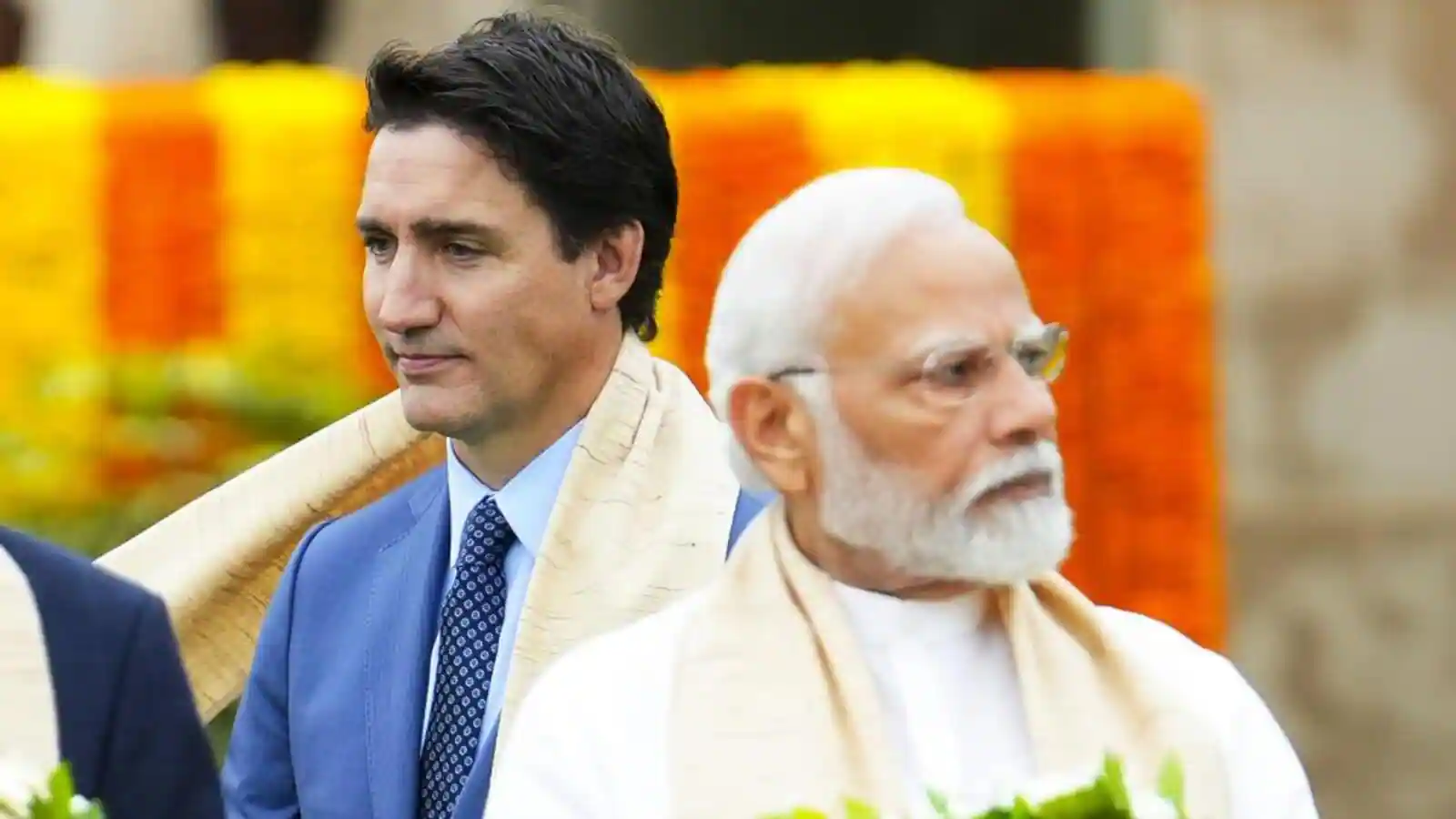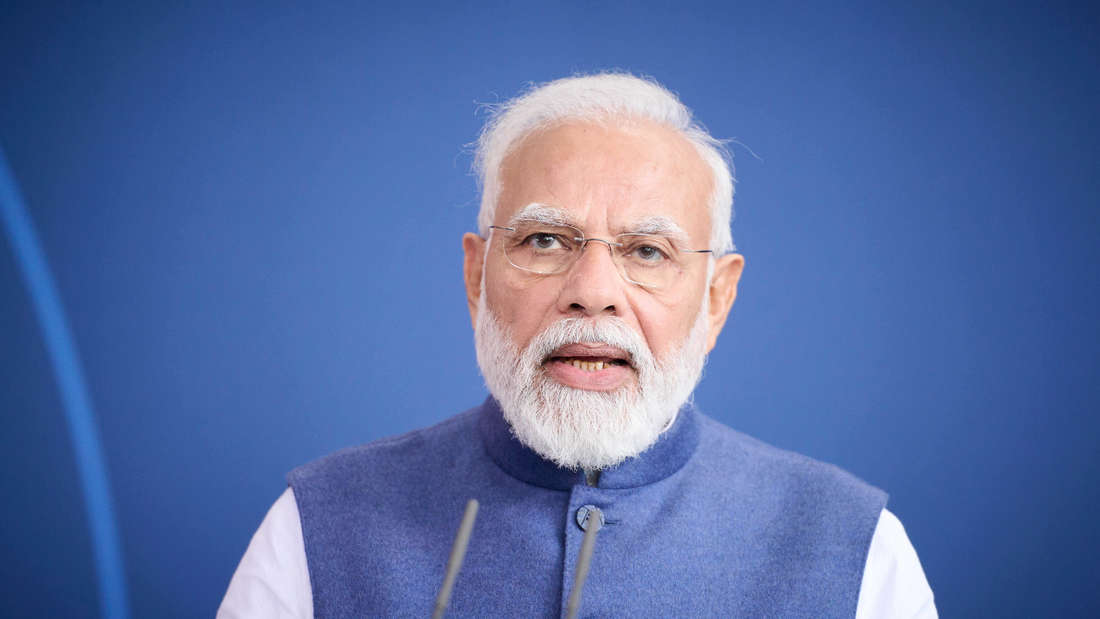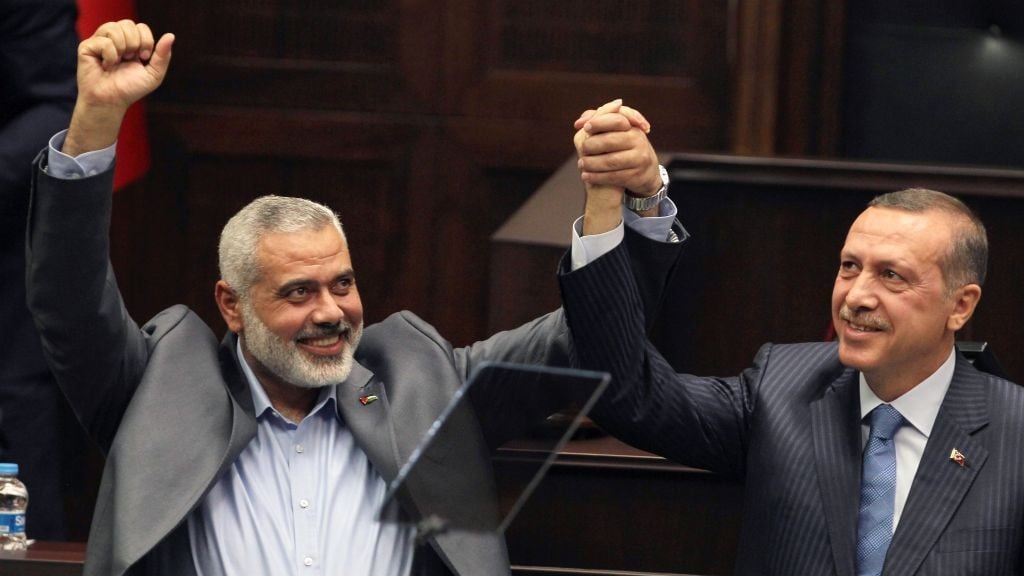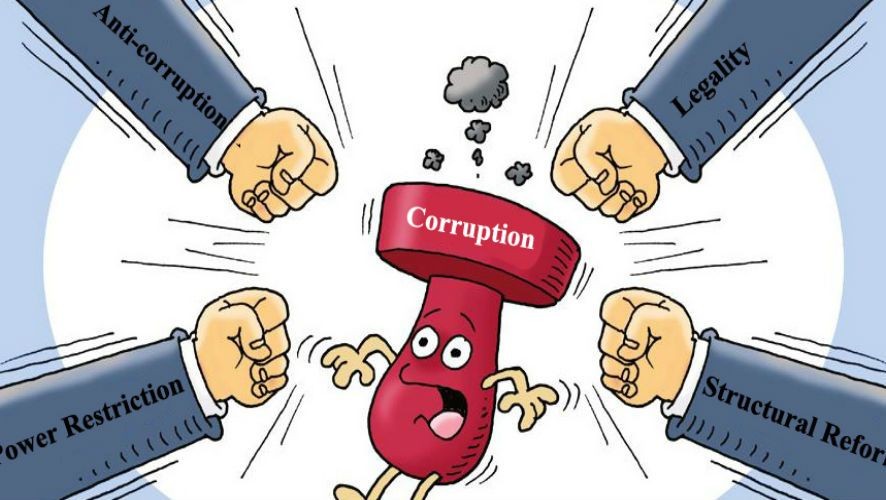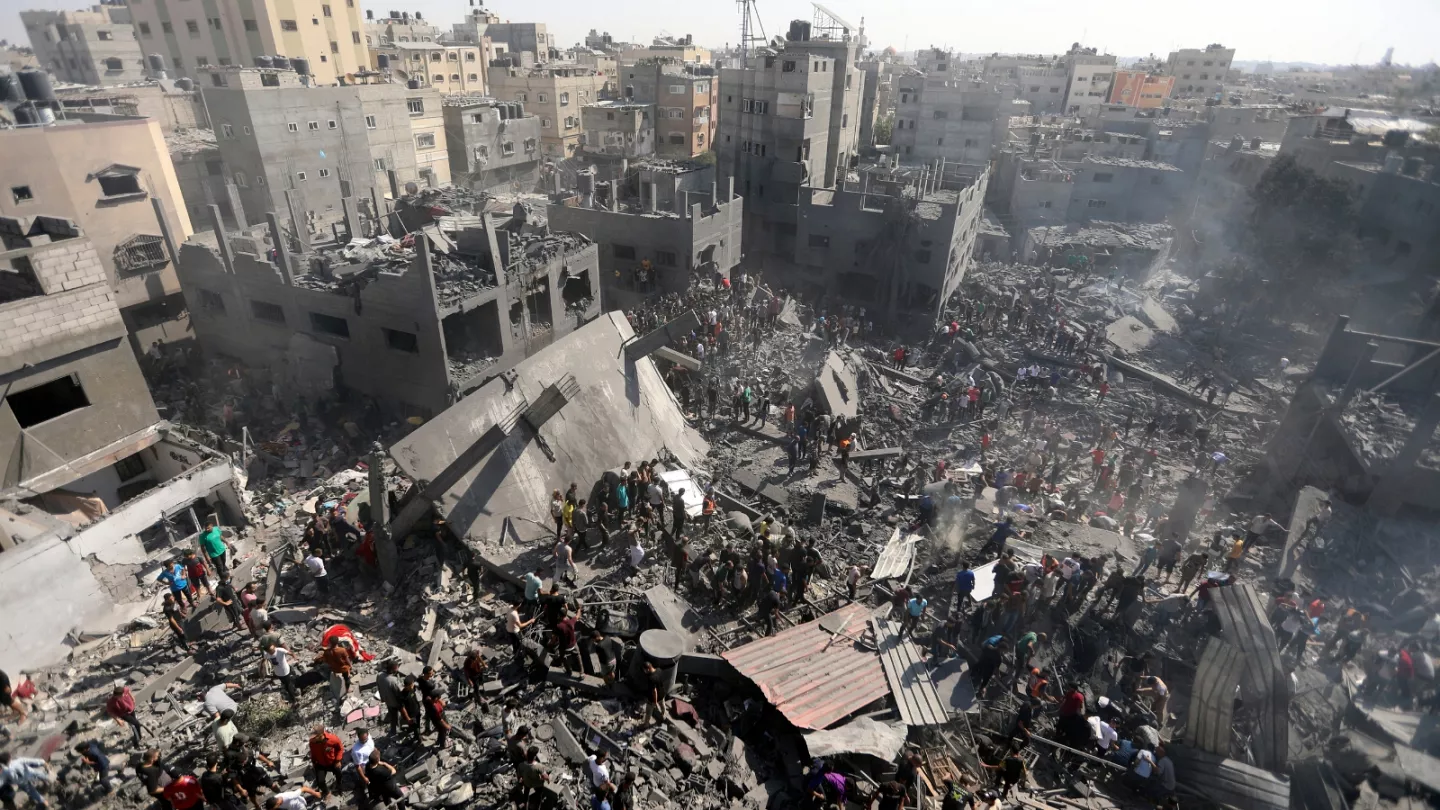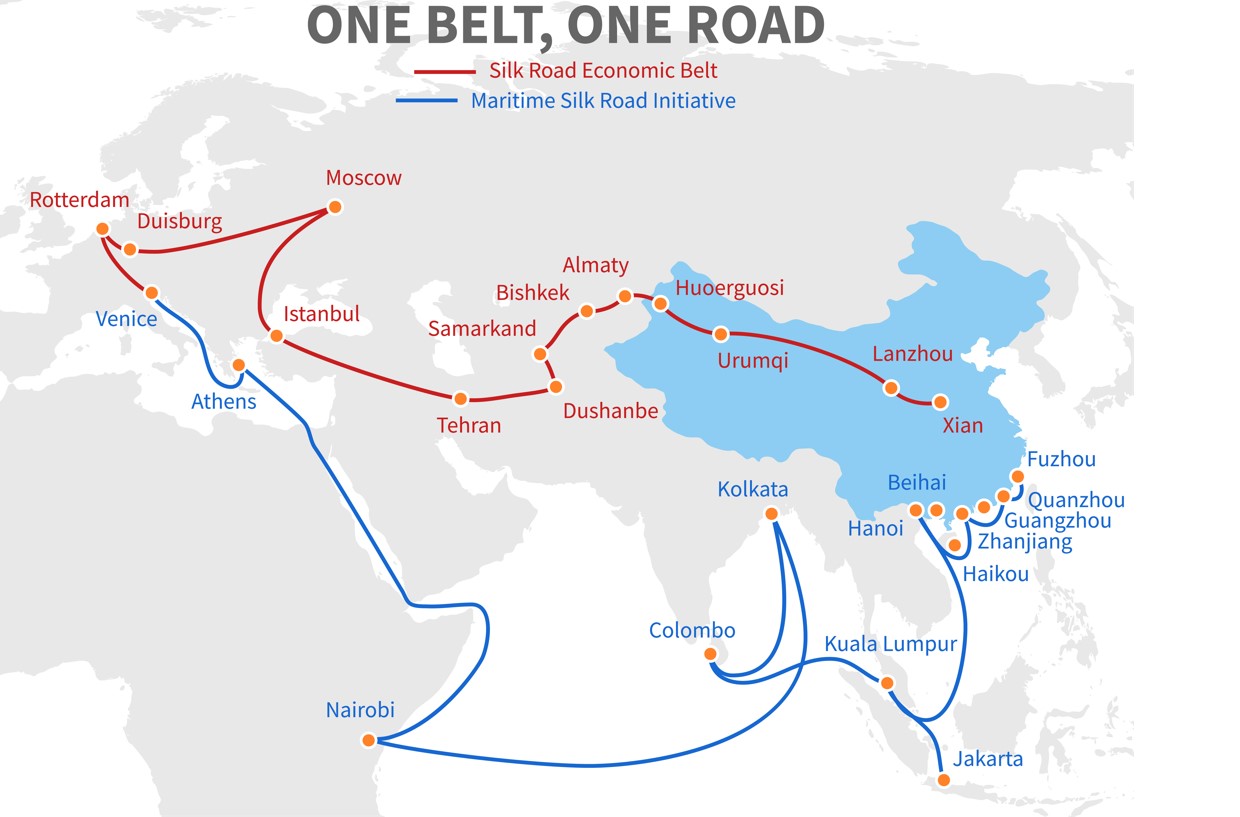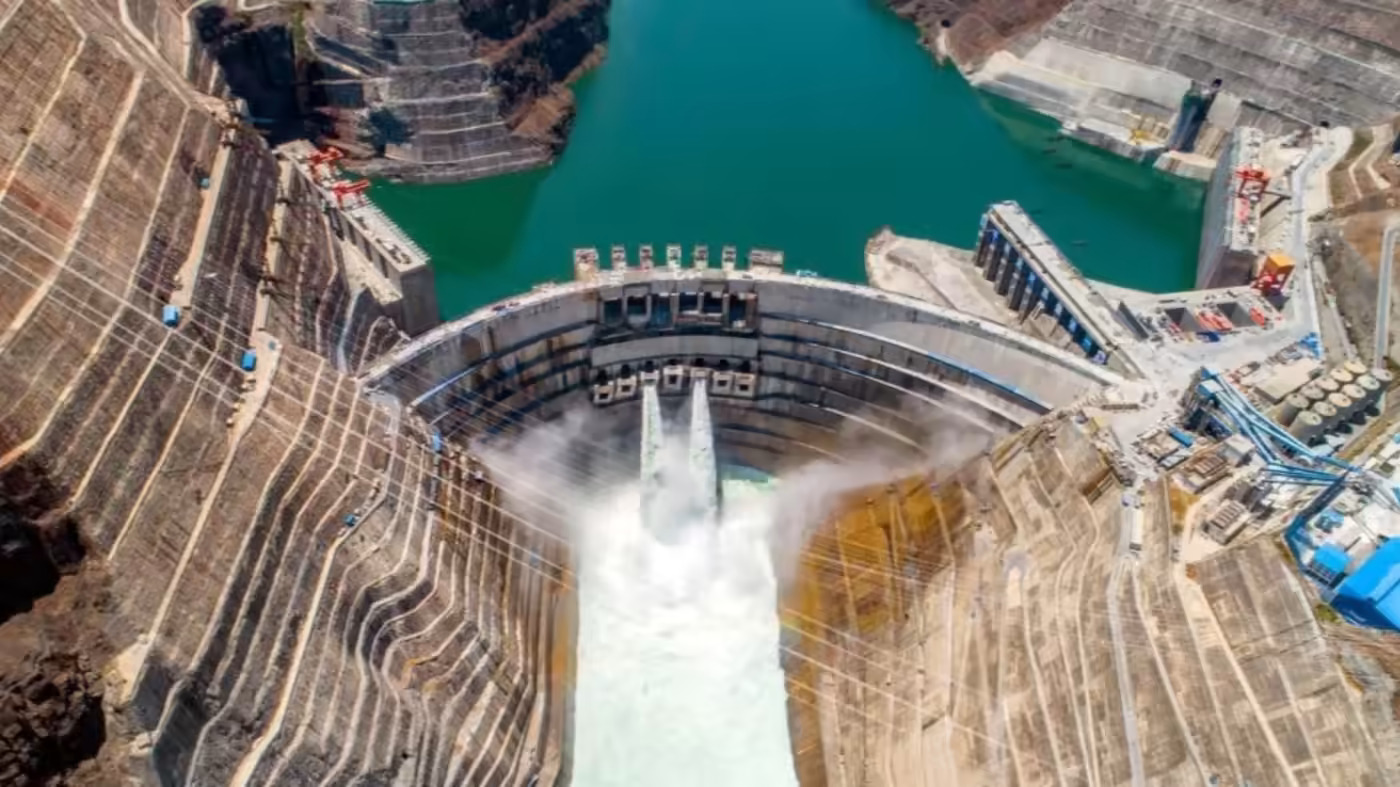The Canadian Prime Minister’s handling of the Nijjar scandal demonstrates his incapacity, obstinacy, entitlement, and poor understanding of geopolitics. He has sacrificed a significant relationship for a criminal who was on the run from Indian law, was the leader of the Khalistan Tiger Force, a group that by its very name implied it was a terrorist organisation (much like the Tamil Tigers), and openly supported violence and secessionism in India, among other things.
He brought up Nijjar’s murder with Prime Minister Modi at the G-20 summit despite lacking sufficient evidence to support his claim that Indian government agents were responsible, and he later told the Canadian parliament that there were “credible allegations” of a “potential link” between the killing and India. He boasted that he had spoken to Modi about the matter “in no uncertain terms,” despite the fact that, as his own testimony in parliament reveals, there was no “certainty” about India’s role in the death.
And to make matters worse, he decided to publicly announce his unsubstantiated intelligence regarding India’s involvement on the floor of the house, giving the incident the air of a global scandal and, in effect, accusing India of acting like a rogue state. A top Indian official was also unceremoniously expelled from Canada.
India retaliated angrily against the Trudeau administration, charging it with harbouring terrorists, criminals, drug traffickers, and people smugglers while ignoring threats against our diplomats’ lives. India also unequivocally maintained that Canada had not provided India with any concrete information regarding the role of its operatives in the death of Nijjar. India also removed a Canadian diplomat in reprisal. It also stopped offering visa services at its Canadian missions.
Trudeau sought to increase the pressure on India by rallying the US and other Five Eyes nations to compel India to cooperate with Canada in its investigation instead of coming to the wiser conclusion that India will not be coerced on the matter and that it would be better to find a covert way out of the situation. Trudeau seeks Indian assistance in acknowledging that these same elements are victims of alleged Indian acts, despite not taking any steps to date to address India’s actual concerns about anti-Indian extremist activity in Canada. Logic is turned on its head by this.
The G-7 nations and the Five Eyes nations appear to have brought up the issue with India. Both US National Security Adviser Sullivan and Secretary of State Blinken’s initial public pronouncements on the matter have been very annoying, as if India is responsible for the US. It seems that both Blinken and Sullivan forcefully brought up the subject with External Affairs Minister Jaishankar during his recent visit to the US. Trudeau made a point to state publicly that he had urged Blinken to bring up the Nijjar case with Jaishankar as Canadian Foreign Minister Joly spoke about conducting diplomacy with India in private, indicating once more his obsession with getting his way.
Jaishankar admitted that Blinken and Sullivan had brought up the subject during his press conference in Washington, D.C., and said he had thoroughly outlined India’s position and concerns. He hoped that the divisions on this matter had not entirely been resolved and that both parties now had a greater knowledge of one another’s viewpoint.
At the press conference, Jaishankar stated once more that the Canadian side had not provided any concrete information that India could act upon and that India would look into it if it had. As a result, Canada can continue to divulge information that it has not done so thus far. The conversations in Washington, D.C., further imply that, even if the US was the source of the lead Trudeau had, the US side did not provide Jaishankar with any particular details. It’s difficult to comprehend why Canada and the US are playing cat and mouse with a situation that is escalating the political crisis between Canada and India.
India officially declared that Canada was expected to reduce the number of its diplomats in India in order to achieve parity in diplomatic representation in each other’s capitals at the outset of the crisis, keeping in mind that Canada has a far greater number of diplomats in India than India does in Canada, as well as the state of relations and Canadian personnel’s interference in India’s internal affairs. Numbers and the deadline for the Canadian diplomats to depart India were not made public by India.
It appears that Canada decided to inform the media of the number—41 diplomats—and the evacuation date, October 10. It appears that the goal was to create a crisis situation, mobilise its allies, and put more pressure on India while buying more time. Whether or not Canadian Foreign Minister Joly held a secret meeting with Jaishankar in Washington, D.C., the result was that Canada’s delaying strategies failed, and it was forced to remove 41 diplomats on October 20 in order to prevent having their diplomatic status and privileges revoked after that date.
If the foreign government declines to comply with the host government’s request, such a departure is expected. Potentially raising the issue of diplomatic security would be the foreign government’s obstinacy in defying the host government. The Canadian government, not India, would have the responsibility for security in this situation.
The foreign minister of Canada referred to India’s behaviour as “unethical.” It would seem that Canada does not consider it “unethical” for Canadian Sikh extremists to promote violence, call for the dissolution of India, hold “referendums” for an independent Khalistan, display posters calling for the murder of our diplomats, the External Affairs Minister, and even the Prime Minister, and ask Hindus to leave Canada.
India’s actions, according to Trudeau, “contravene a very basic principle of international law and democracy,” and “all countries in the world should be concerned about this,” he added. It is unclear why Canada believes it has the sole authority to determine the number of diplomats it should station in India, while India seeks parity in the number of diplomats stationed in each other’s nations to reflect the actual status of bilateral relations and prevent interference in our internal affairs by a disproportionate number of Canadian diplomats. International law, or the foundational tenets of democracy, are broken in India.
Why should they be concerned when “all countries in the world” do not support activism with the dissolution of India in mind? This is the kind of meaningless platitude that Trudeau uses to continue to criticise India. Did he deliberately choose to engage India in conflict out of concern for the “wellbeing and happiness” of millions of Canadians of Indian descent?
India has said that its actions are totally compliant with the Vienna Convention and has cited the pertinent clause (Article 11.1). Despite being aware of this, the US and the UK have joined Canada in asserting that the Vienna Convention’s guiding principles have been broken. This is unfortunate.
Both the US and the UK—more so the latter—allow “Khalistani” fanatics to live on their soil. These individuals have attempted to light our consulate in San Francisco on fire. These components are substantially more potent in the UK. The UK authorities continue to let “Khalistani” protest against our mission despite the fact that our High Commission there has been attacked, and they are well aware of the involvement of the Pakistani ISI in these actions. While the US and India have increased their collaboration on the bigger issue of worldwide terrorism, neither the US nor the UK have helped India combat these elements.
However, the fact that the US and UK are standing by Trudeau without reservation in the Nijjar case despite knowing about the terrorist connections and asking India for clarification while ignoring India’s concerns over the actions of Canadian Sikh extremists against India’s sovereignty and security demonstrates that in the Anglosphere, blood is thicker than water. Relearning this lesson will help India’s foreign policy.
